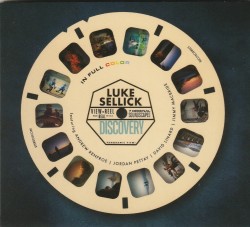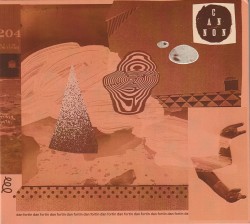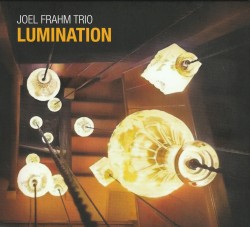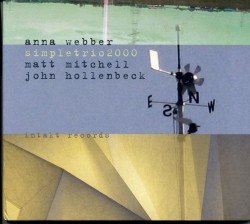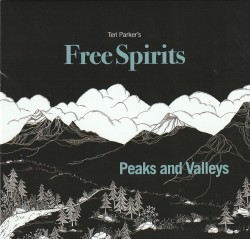Reverence - Carn Davidson 9
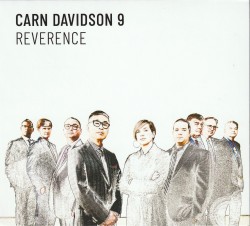 Reverence
Reverence
Carn Davidson 9
Independent CD9-004 (taradavidson.ca/cd9)
The Carn Davidson 9 is an ensemble comprising nine of the “finest players of their generation.” Those five words would be quite a meaningless epithet to describe this nonet were it not for the fact that virtuosity and individuality are almost always completely eschewed except in the case of total immersion in the music at hand. This is but one reason why Reverence is such a flawless musical production
The utter brilliance of the album is that it features beautifully crafted arrangements of beguiling variety and sensuousness. And this is evident in every lovingly caressed phrase of music composed in a myriad of musical idioms beloved of the husband and wife duo: trombonist William Carn and alto saxophonist Tara Davidson.
Listen to the manner in which the judiciously chosen – and featured – soloists seductively bend and stretch notes, and propel phrases in glorious, airy arcs on Groove and If Not Now, Then When?, and how Davidson sculpts the long inventions of Carn’ Saudé, or how Carn and trumpeter Kevin Turcotte do likewise on Wonderment.
From such brilliant playing, solo or in ensemble, clearly there’s not a single semiquaver that hasn’t been fastidiously considered. Featuring the longtime rhythm section of drummer Ernesto Cervini and bassist Andrew Downing, every musician is completely attuned to the artistry of Carn and Davidson. What better way to honour revered musical icons.


